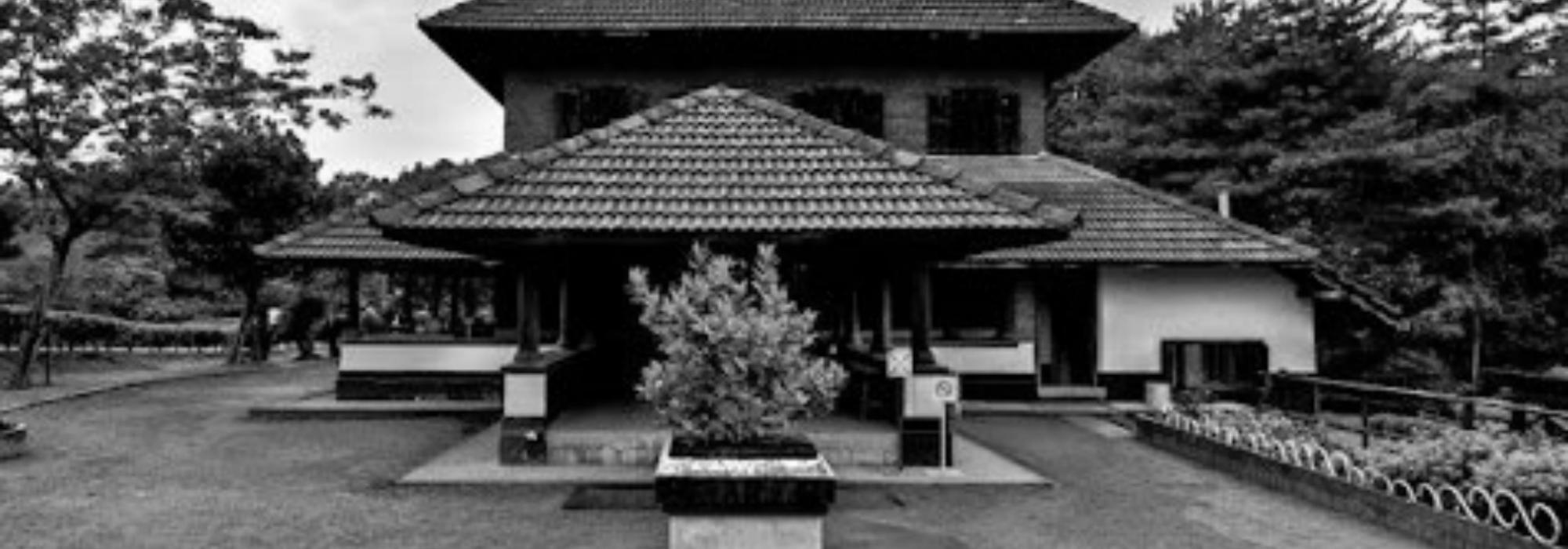विपश्चितामपश्चिमे विवादकेलिनिश्चले
सपत्नजित्ययत्नतस्तु रत्नखेटदीक्षिते |
बृहस्पतिः क्व जल्पति क्व सर्पतीह सर्पराट्
असंमुखस्तु षण्मुखश्चतुर्मुखोsपि दुर्मुखः ||
Ratnakeṭa Śrīnivāsa-dīkṣita was not only an avadhāni, but a great scholar as well. He is the author of several works such as ‘Advaitāsravakaustubha’, ‘Vādatārāvalī’, ‘Madhvadhvaṃsana’ and ‘Bauddhatantramardana’. His works have often sparked off debates and discussions. Scholars who confronted him in debates routinely faced defeat. After a while, people who did not subscribe to his views even stopped engaging in debates with him, as they were sure that they would face defeat. One early morning, a few scholars who did not know of his prowess in various fields came to his door, seeking a debate. The little girl Accamma, who was sprinkling water at the door, instinctively understood why they had come. To make her father’s prowess known to them, she composed this verse on the spot, keeping pace with the rhythm with which she was sprinkling water. The laghu-guru pattern, i.e., the pattern of the short and long syllables, repeats after every third syllable (tryaśra-gati). It is set to the pañca-cāmara-vṛtta and has its melody.
‘He is unshakeable in debates, he is indomitable by rival-debaters. (Even) Bṛhaspati is shy to face Ratnakeṭa-dīkṣita in a debate, loses his composure and starts to blabber. The hundred-headed Ādiśeṣa, the treasure-house of grammar, gets scared and withdraws to his burrow. The very embodiment of knowledge, Ṣaṇmukha(the six-faced Subrahmaṇya), too, cannot stand in his presence and four-faced Brahma loses face when he comes face to face with Ratnakeṭa-dīkṣita.’
Appayya-dīkṣita, the husband of such a scholar, remarked on one of his visits to Gingee, ‘Despite all the fame that I have gained throughout the country, here (in Gingee) I am just ‘accā-bhartā’ – Acchi’s husband’
Adapted from Kannada by Arjun Bharadwaj
(The original article is from the anthology Kavitegondu Kathe.)















































